Updated 06 Jan 2026
Do you dream of starting your own vegetable garden?
Growing your own vegetables and being able to feed your family from your own backyard is incredibly empowering and rewarding.
However, starting can seem daunting at first! There is so much to learn and you may have been unsuccessful in the past.
Here are 13 tips to help you get started and ensure you have an abundant vegetable garden of your own.
1. Start Small
Think big, start small,have it all!
You may have a big vision for how you want your garden to be. Creating a self-sustaining vegetable garden is fantastic! But if you start with a huge garden you will feel so overwhelmed and be much more likely to fail.
Start off by planting a few vegetables that are easy to grow like tomatoes and capsicum, some herbs and maybe some spring onions. Keep these plants watered, fed and pest free.
As you start to learn how to grow these successfully and get more comfortable you can start adding on more varieties and volumes of plants.
Starting small allows you to experiment and learn what grows well in your area and climate.
2. Stick To Fruit And Veggies Your Family Love To Eat
Do you love making red pasta sauces and salsa? Make sure you plant plenty of tomatoes! Does cabbage make your stomach turn? Maybe leave that one out of your vegetable garden.
It’s so easy to get caught up at the garden shop with all the varieties of fruits and vegetables that you can grow. But try not to be tempted to grow anything that you aren’t sure about or don’t really eat. Stick to the basics and the staples of your diet!
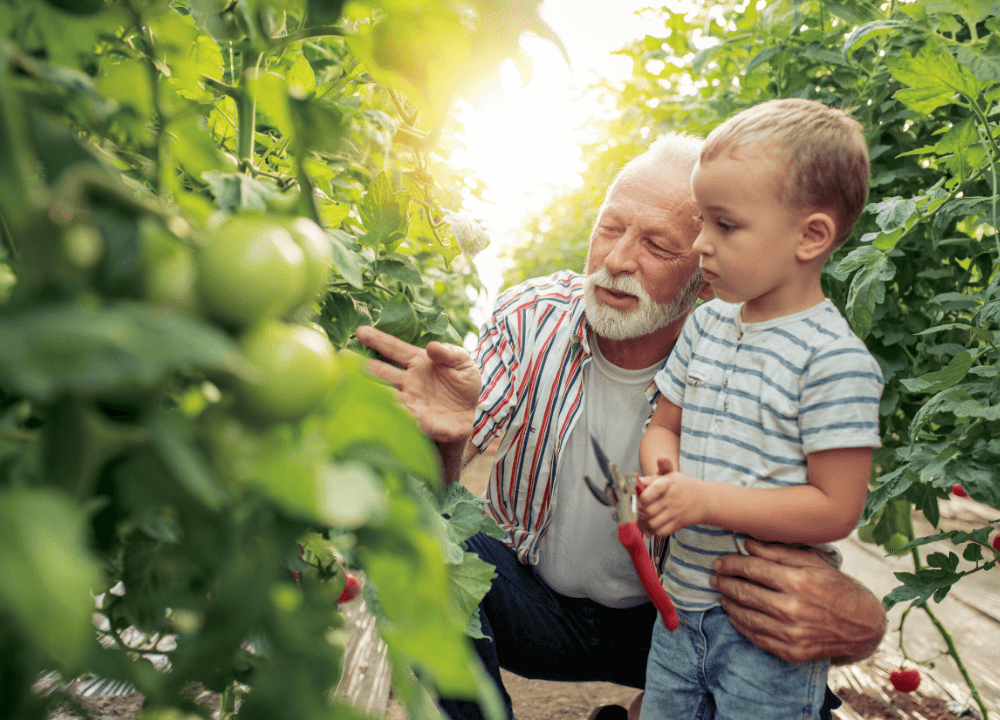
Source: https://www.canva.com/media/MADau2MYx1U
3. Know When To Plant A Seed Or A Seedling
If you are just starting out it is best to start with established seedlings and transplant them into your garden. You can get these from your local garden center (or a friendly neighbour!).
Growing plants from seeds is much more difficult than growing them from seedlings. More factors have to be considered such as the humidity, light, water and food to make sure they sprout successfully.
There are some plants that do better directly sowed into the ground but where you have the option of getting seedlings just do it and make your life a whole lot easier!
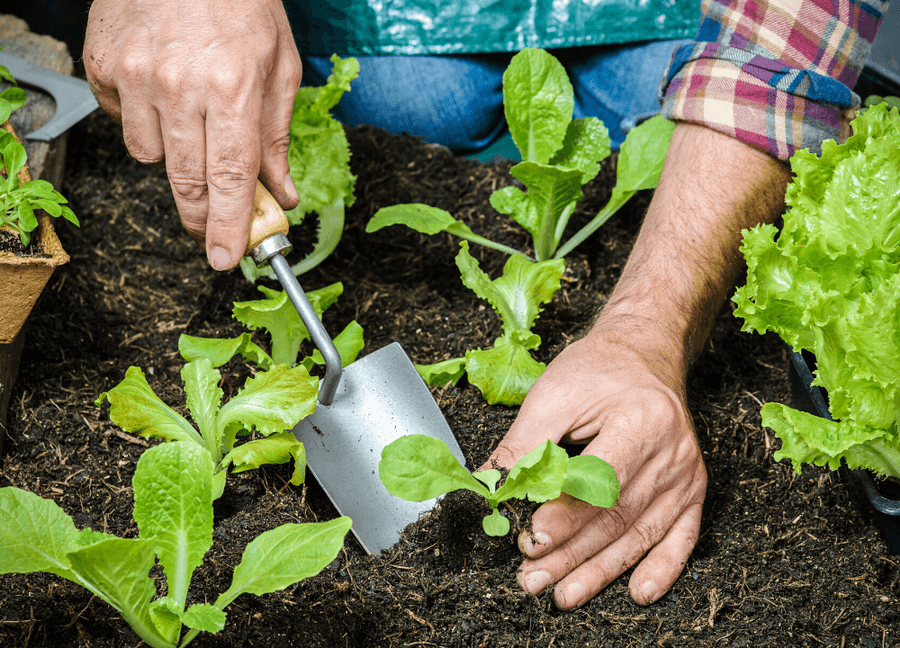
Source: https://www.canva.com/media/MADaAUAlXPo
Plants that you should plant as seedlings:
• Tomatoes
• Capsicum
• Broccoli
• Cauliflower Cabbage
These plants have longer growing seasons and need to be established before planting. Make sure you follow guidelines for the spacing and depth of planting. Give them plenty of water and pay attention to the rainfall you receive.
Plants that you can plant directly into the ground as seeds:
• Carrots
• Corn
• Cucumbers
• Beans
• Peas
• Radish
• Spinach
• Zucchini
Seeds are much cheaper than seedlings and the above vegetables do well planted directly into the ground as seeds. Make sure you follow the directions on the packet and give them plenty of water so they can germinate.
4. Choose A Good Location For Your Garden
Pick a spot in your garden that is exposed to the sun during the day. Most plants need a full 6 hours of sun per day.
Make sure you consider if there are any big trees or fences that may be casting shadows on your vegetable garden during the day.
5. Keep A Garden Journal
Write it all down!Don’t rely on your memory when it comes to keeping track of your garden. Write down each year which crops you have produced and sketch them out so you know where they are. You can then use this information to rotate crops the next year.
Track what you plant,when you plant it, how it grows and harvests.
Keep a list of pests that you had to deal with, the types of weeds, what worked well, what didn’t work well and any other details and that will help you.
You can even buy your own garden planner to keep everything organized and tracked nicely.
6. Spend Time In The Garden Every Day
Carve out some time each day to tend to your garden. Make it part of your daily routine!Check every day for weeds, bugs, dryness and any other issues.
It takes consistent attention and on a daily basis to grow a really successful vegetable garden so make the commitment.
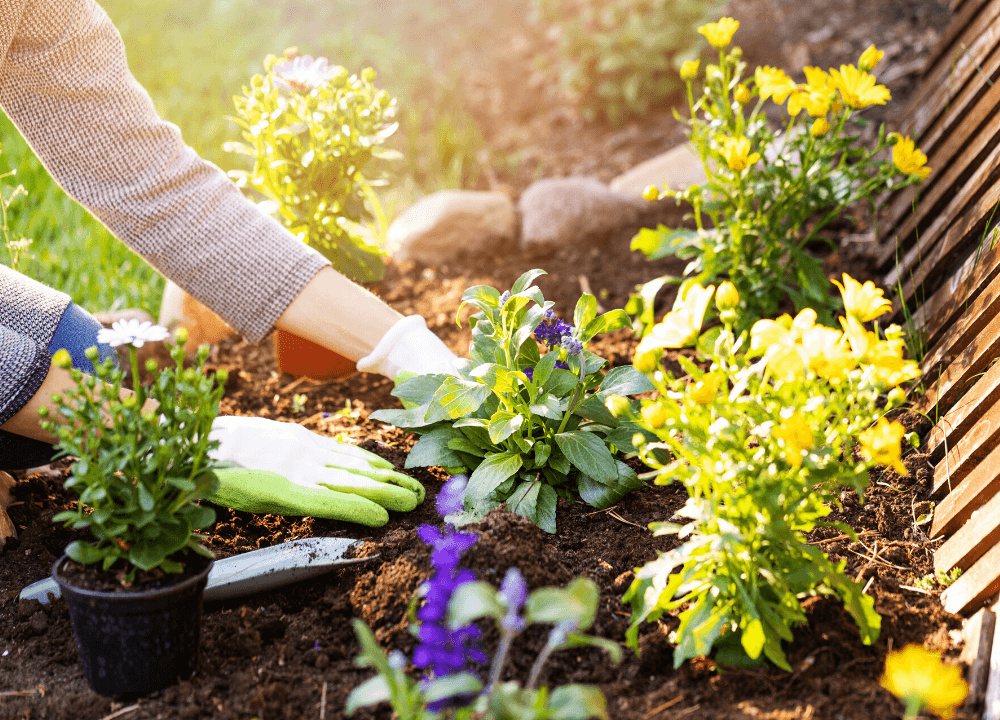
Source: https://www.canva.com/media/MADesTjC9Ig
7. Understand The Climate You Live In
Understanding the climate you live in is very important for having a vegetable garden.It will determine what you can grow and when because not all plants do well in all places.
A common mistake for beginner gardeners is trying to grow things in the wrong place or at the wrong time. If you live in a colder climate you will have cold weather crops and shorter season crops of other varieties.
When choosing seeds check how many days it will take to mature and the growing zone it is most suited to.
In Auckland, the climate is subtropical which means winters are mild with rare frosts allowing for many subtropical varieties of vegetables to be grown.Vegetables that are frost tender can be grown in the spring-like tomatoes. For more information about the climate and vegetables that can grow during the year in New Zealand check here.
8. Your Plants Need Food As Well As Water
Yes, your plants need to eat too! They need nitrogen, potassium and phosphorus which your soil will already have. However, if you are growing plants they will eat it up!
Make sure that your soil is pre fertilised. Try to avoid commercial fertiliser for your plants, the best fertiliser you can get is from your own compost or manure.
And don’t forget the quantity of water that your plants will need to thrive. It sounds obvious but it may surprise you how much water your plants need.Luckily in New Zealand, we get a decent amount of rainfall and don’t face water restrictions very often. Just keep an eye on how much rain you are getting and water your plants accordingly.
Do research on how much water each of your plants needs and you may even see a rise in your water bill.
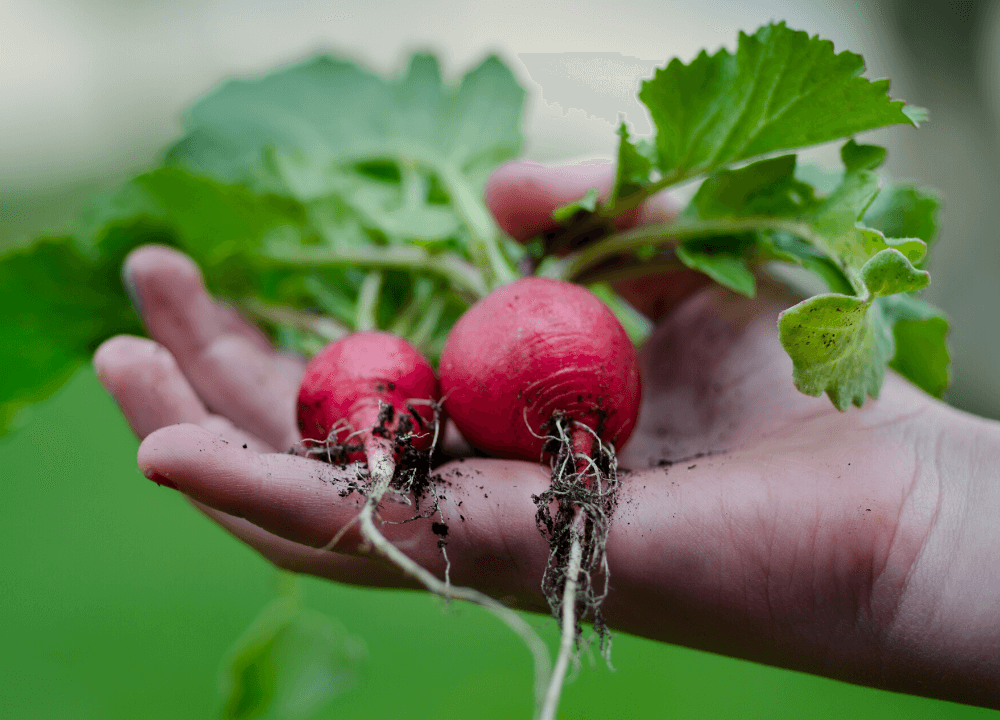
Source: https://www.canva.com/media/MADGyek_GeE
9. Be Patient
Each year that you have a garden it will get easier and easier. Your first year will probably feel like a train wreck but after the second year, you will get the hang of it and really start to see the results of gardening.
After every season and every plant that you harvest and with every success and failure you will become a much more knowledgeable gardener. Your journey towards the garden of your dreams will come to fruition if you just stick it out every season.
Have patience with your garden, amazing things will not happen overnight but it will all be worth it!
10. Put enough space between your plants
Many gardeners will try to fit as many plants as possible in a small space to try and make room for more plants. This isn’t best practice and tends to increase the risk of pests and disease. It means that your plants will be competing with each other for nutrients, water and light so they will all become weaker.
Make sure that each plant has an abundance of nutrients and sun to ensure they thrive.You can also look into vertical gardening techniques to conserve space.
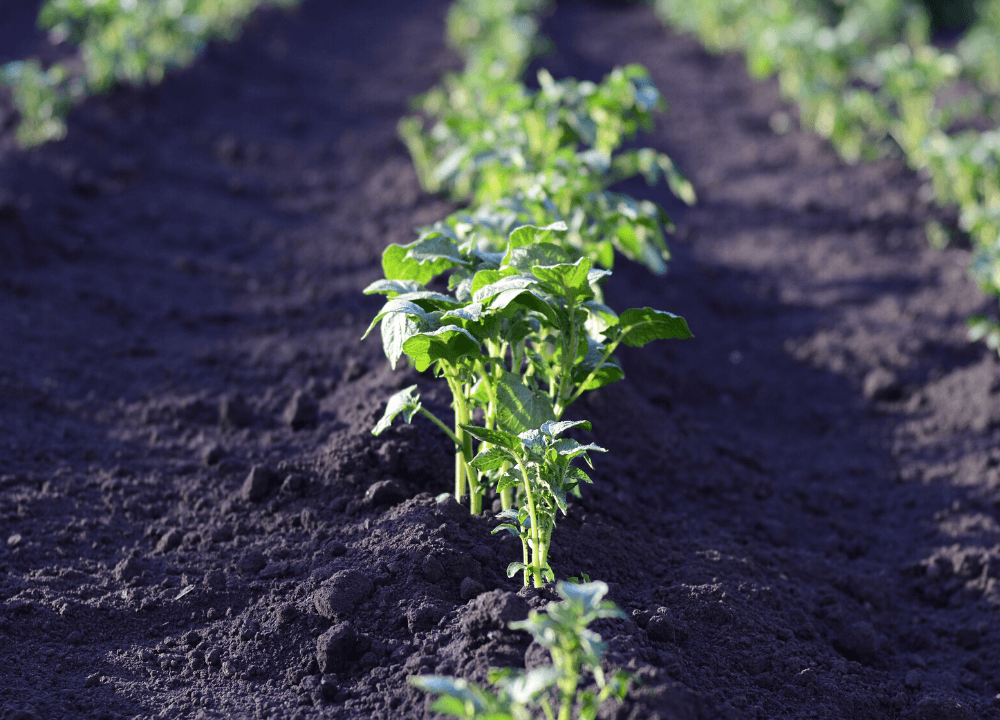
Source: https://www.canva.com/media/MADQ49bHxBE
11. Use Mulch To Protect Against Weeds
Mulching your garden will help keep in moisture and keep the weeds out. Weeds can be a huge issue and can choke your garden in days if they aren’t tended to. If you don’t want to spend hours weeding every week then you need to have mulch. Your plants will benefit greatly from mulch so make sure you include it in your garden.
Straw, grass clippings and wood chips all make for great mulch. You can use one or a mixture but just make sure your soil is covered in it!
12. Remember To Plant Flowers
You’re going to need pollinators to help your garden grow which can be done by planting flowers. Plant flowers in and around your garden to attract bees and other beneficial insects to your garden which will help to fight pests.
Flowers are also beautiful and bring a lovely fresh essence to your garden, making it a place that you love to be in!
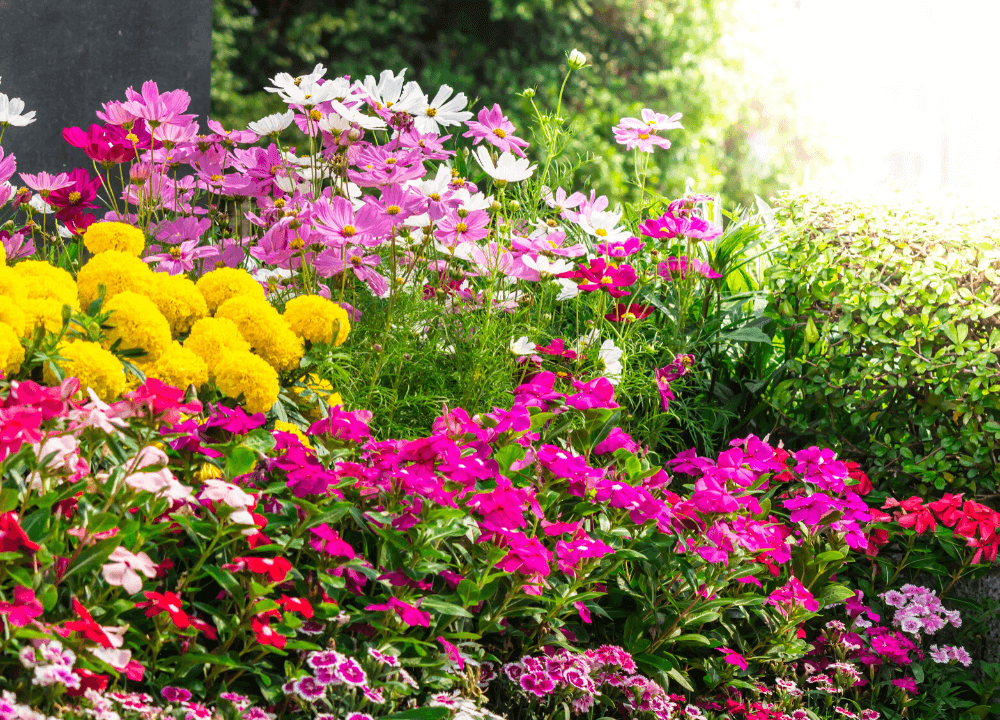
Source: https://www.canva.com/media/MADar48Hfyc
13. Use Neem Oil Spray As An Natural Pesticide
Neem oil is a safe and effective product to control insects and disease in your garden. It is a natural and organic solution to your biggest gardening headaches. Neem oil is the oil that comes from the neem tree and it has a vast variety of uses from skincare to insecticides.
Neem oil is organic and biodegradable and doesn’t create a ‘death zone’ like other insecticides. It can be used at all stages of plant development and can control hundreds of insects. It is also safe for pets and can be used inside.
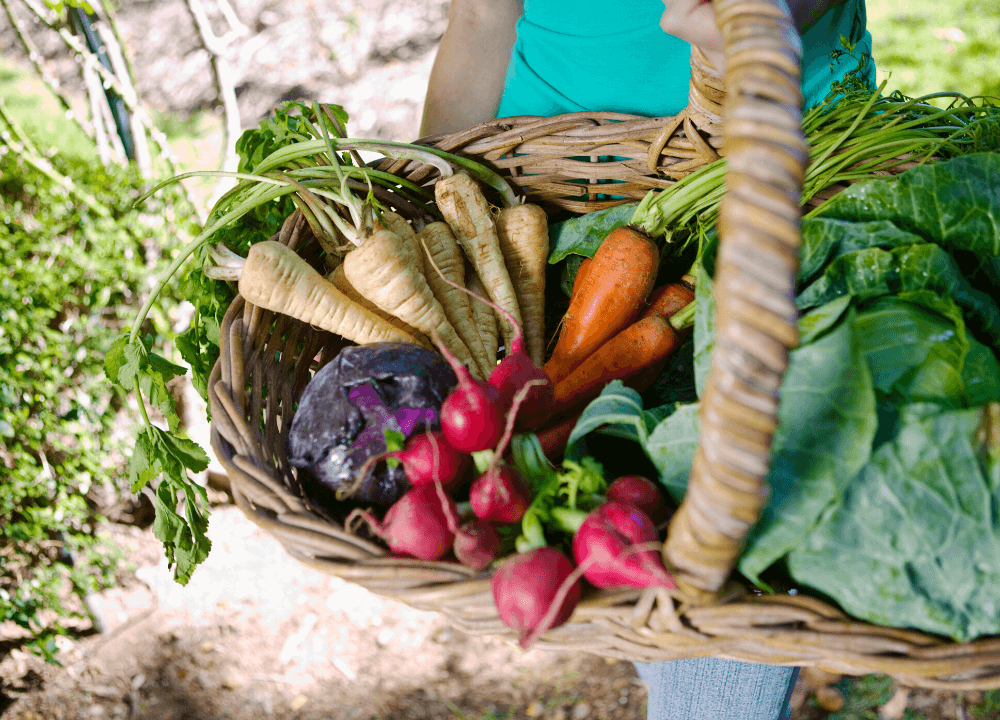
Source: https://www.canva.com/media/MAC7_jJJXe8
There You Have It!
Implement these 13 tips when you start your vegetable garden to set yourself up for success.
Treat your garden with care and give it time and patience.
And remember that there is always so much to learn and new problems to overcome. So no matter where you are in your garden journey, keep learning and let your garden grow with you.